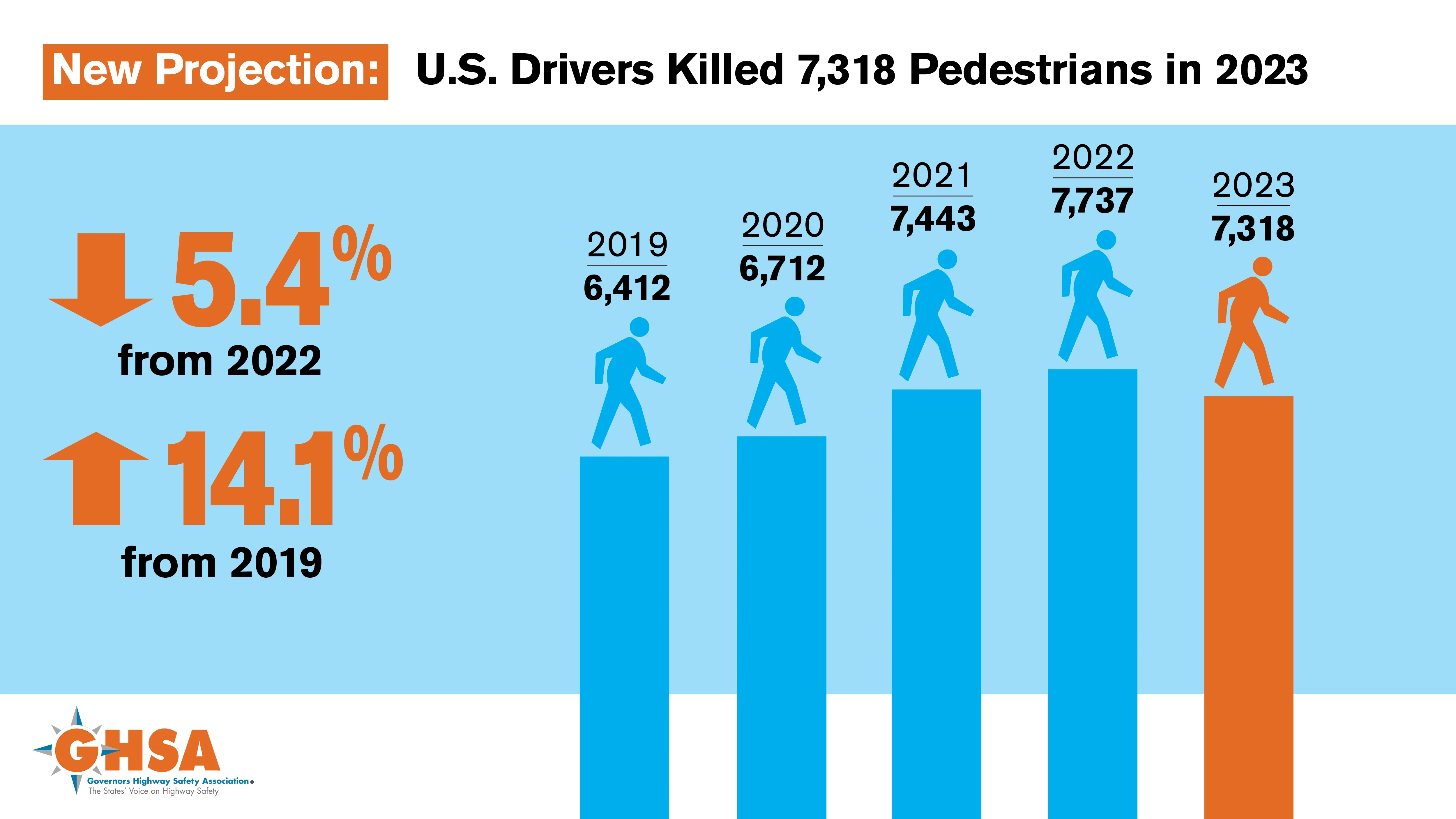UK road safety charity Brake has renewed calls for tougher charges and penalties for drivers who kill and injure following the publication of British government criminal justice figures for 2013. The figures show the large proportion of drivers who kill and seriously injure being let off with relatively low penalties, reinforcing the importance of a forthcoming review of charges and penalties, recently announced by government.
In total, 438 drivers were convicted of causing death or bodily harm. Just over
May 28, 2014
Read time: 3 mins
UK road safety charity 3963 Brake has renewed calls for tougher charges and penalties for drivers who kill and injure following the publication of British government criminal justice figures for 2013. The figures show the large proportion of drivers who kill and seriously injure being let off with relatively low penalties, reinforcing the importance of a forthcoming review of charges and penalties, recently announced by government.
In total, 438 drivers were convicted of causing death or bodily harm. Just over half (55%) were given immediate prison sentences, up slightly from 54% in 2012. Only one in seven (14%) were given more than five years in prison, a small increase from one in ten (10%) in 2012.
Reacting, Julie Townsend, deputy chief executive, Brake, said, “These figures come as a reminder that sentences for drivers who kill and seriously injure do not reflect the atrocious suffering of victim families, many of whom feel deeply let down by the justice system. While the slight increase in higher-level sentences is encouraging, it does not go nearly far enough. We still see drivers who have killed through their risky actions being inappropriately charged with causing death by ‘careless driving' and receiving low sentences as a result - one of the key issues that must be addressed in the forthcoming government review. We also need to see fines for more common driving offences that pose a danger, like speeding and mobile phone use, rise dramatically to provide an effective deterrent."
The figures show that in 2013 125 were convicted of causing death by dangerous driving (which has a maximum penalty of 14 years), with almost all (96%) given immediate prison sentences but only one third (33%) given more than five years. A further 33 individuals were convicted of causing death by careless driving under the influence of drink or drugs (which has a maximum penalty of 14 years), with almost all (94%) given immediate prison sentences but less than three in five (58%) given more than five years. Meanwhile, 215 were convicted of causing death by careless driving (which has a maximum penalty of five years), with only one in three (30%) given immediate prison sentences. Finally, 31 were convicted of the new charge of causing injury by dangerous driving (which has a maximum penalty of five years), with half (52%) given immediate prison sentences.
The average fine for driving offences remained unchanged in real terms, at £214 (€264) in 2009 prices. By comparison, the fine for not having a TV licence is £1,000 (€1,233).
Brake and3962 Direct Line's recent survey found strong public support for tougher penalties for drivers who kill and injure; the majority say those who kill while taking illegal risks such as drink driving, speeding, or using a mobile phone should be considered ‘dangerous', not ‘careless', and get five years or more in prison.
In total, 438 drivers were convicted of causing death or bodily harm. Just over half (55%) were given immediate prison sentences, up slightly from 54% in 2012. Only one in seven (14%) were given more than five years in prison, a small increase from one in ten (10%) in 2012.
Reacting, Julie Townsend, deputy chief executive, Brake, said, “These figures come as a reminder that sentences for drivers who kill and seriously injure do not reflect the atrocious suffering of victim families, many of whom feel deeply let down by the justice system. While the slight increase in higher-level sentences is encouraging, it does not go nearly far enough. We still see drivers who have killed through their risky actions being inappropriately charged with causing death by ‘careless driving' and receiving low sentences as a result - one of the key issues that must be addressed in the forthcoming government review. We also need to see fines for more common driving offences that pose a danger, like speeding and mobile phone use, rise dramatically to provide an effective deterrent."
The figures show that in 2013 125 were convicted of causing death by dangerous driving (which has a maximum penalty of 14 years), with almost all (96%) given immediate prison sentences but only one third (33%) given more than five years. A further 33 individuals were convicted of causing death by careless driving under the influence of drink or drugs (which has a maximum penalty of 14 years), with almost all (94%) given immediate prison sentences but less than three in five (58%) given more than five years. Meanwhile, 215 were convicted of causing death by careless driving (which has a maximum penalty of five years), with only one in three (30%) given immediate prison sentences. Finally, 31 were convicted of the new charge of causing injury by dangerous driving (which has a maximum penalty of five years), with half (52%) given immediate prison sentences.
The average fine for driving offences remained unchanged in real terms, at £214 (€264) in 2009 prices. By comparison, the fine for not having a TV licence is £1,000 (€1,233).
Brake and






